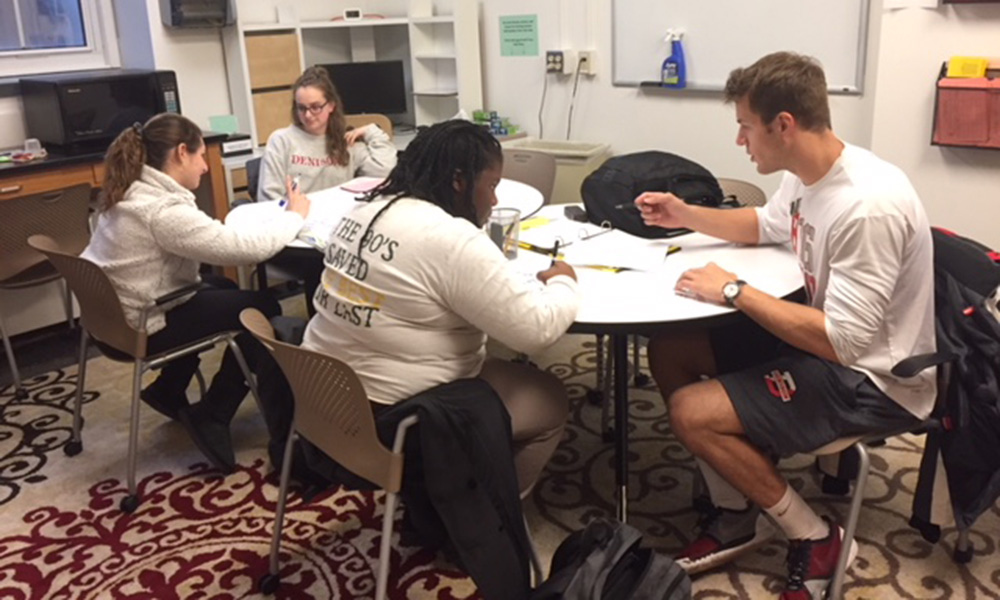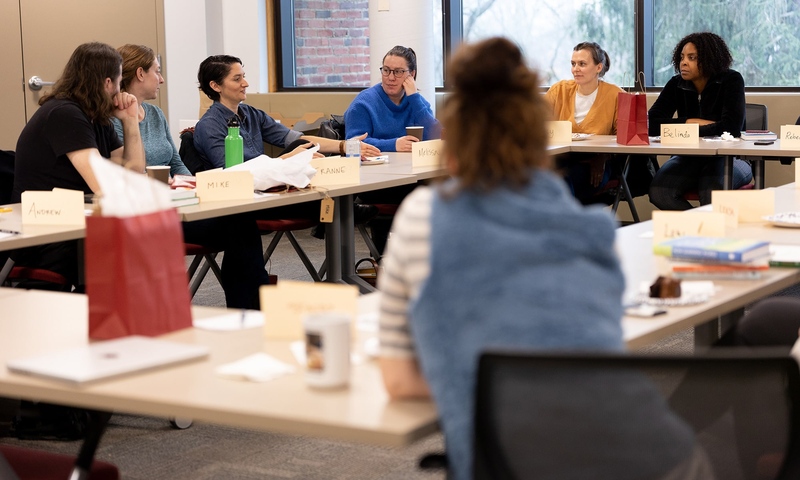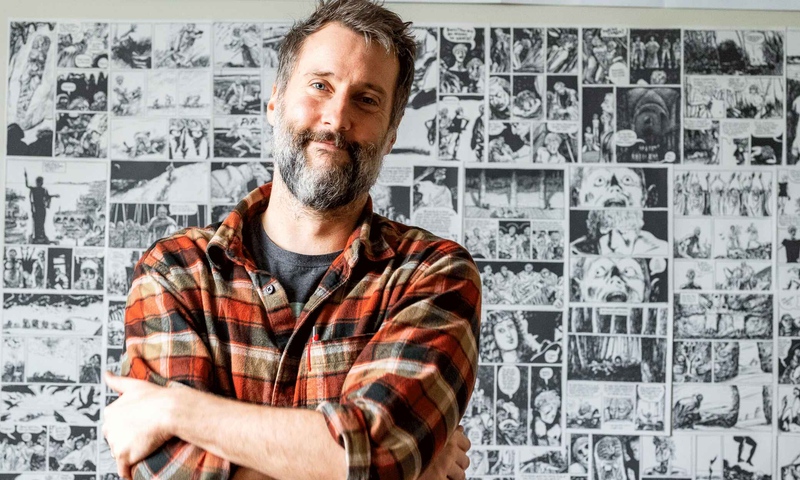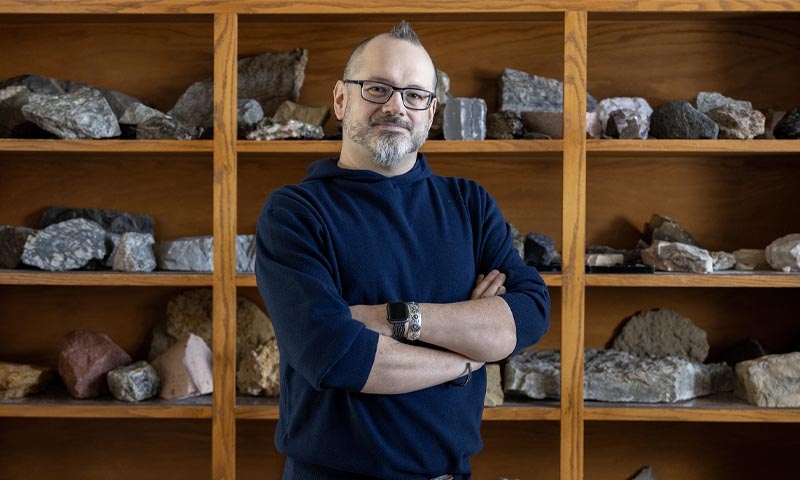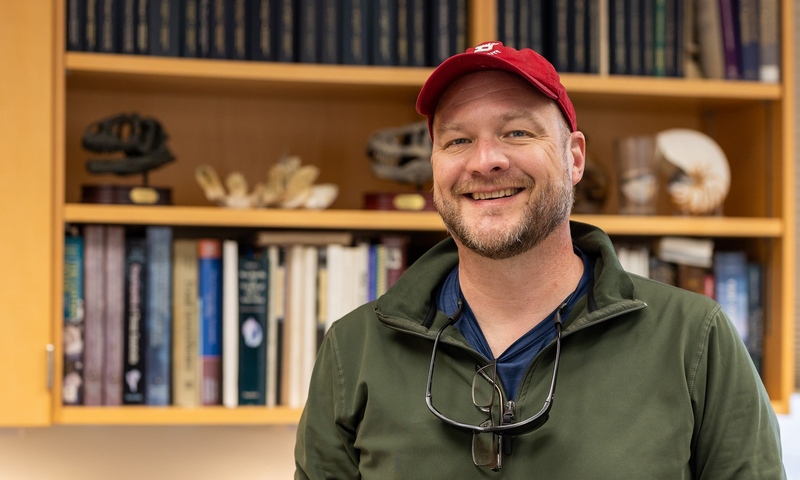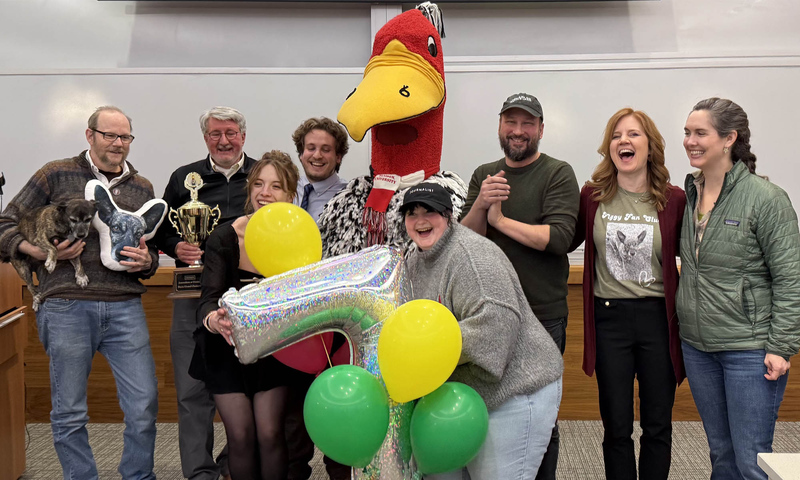Trying new things is a valuable part of the college experience. As Denison students, we have the opportunity to take different kinds of classes, often outside of our comfort zones. Having these experiences allows Denison students to dive into the liberal arts mindset and gain knowledge from a wide variety of disciplines. However, learning new things can often come with some difficulty. And the Academic Resource Center (ARC) Tutors are here to help.
Associate Director of the Academic Resource Center, Heather Johnston Welliver, explains that there are 143 tutors available to provide assistance for most academic subjects. “Our highest demand subjects are Math, Chemistry, Economics, Spanish, and Biology, but we even have tutors available in Dance,” she says. Students who wish to meet with an ARC tutor must commit to meeting regularly with their tutor once a week and students can request tutors up until the twelfth week of the semester.
Johnston Welliver believes that “The relationship that is built between the tutor and the tutee really is the cornerstone of the ARC Tutoring Program.” She further explains, “By meeting once or twice weekly, tutors and tutees can quickly pick up where they left off, and make tutoring sessions a more cohesive experience…tutors are able to reflect on how their tutees learn best and find strategies for learning that work for that individual tutee.” Johnston Welliver says that many students choose the same tutor the following semester, which she believes is a testament to the tutor, tutee relationship that is developed.
Biochemistry major and two-year tutor for ARC, Thomas Olson, speaks highly of the relationship he has created with his tutees and tutors three to five students each semester in general chemistry, organic chemistry, biochemistry, and physics. He explains the value of this relationship saying, “Tutoring has been incredibly valuable to me for two reasons, the first of which is the act of teaching, which has opened my eyes about how differently some students think and learn, and that not all people understand things the same way that I do. This has forced me to grow and develop in my communication and problem-solving skills, having to adapt my teaching style and the way I explain different concepts to different students.”
Tutoring has also benefited Olson’s own academic success as “the reinforcement of material that I teach, not only has it kept me fresh and current in many subjects that I needed to know for the MCAT, effectively serving as study material for me, but it has helped me understand many concepts on deeper levels than I had initially learned them. I performed very well on the test, which I attribute partly to the time I spent tutoring here.”
Johnston Welliver explains the strategies tutors use when helping other students to learn material saying, “Much of an ARC Tutor’s job is integrating how to learn with what to learn. Your tutor will work on metacognitive learning strategies that will help you as a student when you’re in class or studying on your own. Tutors focus on the process rather than the product with the goal that you learn how to work independently.” To request an ARC tutor, students can visit the ARC page on MyDenison, submit the form, and a tutor will then send an email to schedule the first meeting. However, ARC Tutors are not available to request after the 12th week of the semester.
Through tutoring, Olson has certainly positively impacted the Denison experience of his peers. However, Olson also explains that tutoring has been valuable for his post-Denison plans. Olson says, “Tutoring has definitely influenced the way I talk with and understand people, and I believe the experience will be invaluable as an aspiring physician, where being able to effectively communicate and teach people is crucial.” Johnston Welliver speaks on the post-graduate benefits of tutoring saying, “The skills that tutors gain, such as critical thinking, analytical thinking, and written and oral communication are transferable for any future endeavors.”
